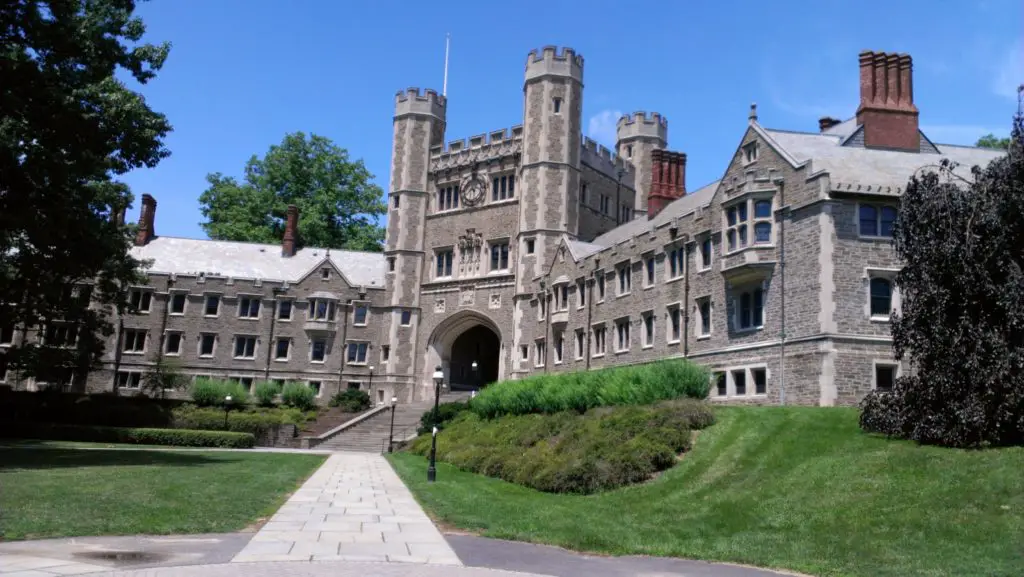Last month, Princeton University Library partnered with five historically black colleges and universities (HBCUs) for its inaugural Archives Research and Collaborative History (ARCH) Program.
The program was held on July 9-13, bringing together 12 undergraduate and two graduate students from Howard University, Lincoln University, Texas Southern University, Tougaloo College and Tuskegee University to Princeton’s campus.
The students were encouraged to make connections between historical narratives and prevailing issues of social justice after they were introduced to the archival field. They were also instructed about the importance of diversity in archival collections and how to use primary-source documents.
“Interpretation changes, depending on the perspective, depending on the person,” Madison Washington, a recent graduate of Lincoln University, said. “So if I’m able to go back to something that was read 20 years ago, and bring a new look onto it, then … not having that will be a missed opportunity.”
The students were given a tour of the library to learn about the processing and preservation of archival material.
“So many students don’t know much about the archival field,” said Sarah Trotty, a retired professor from Texas Southern University.
“So I feel it’s important for them to have the experience to at least have a look, a real close look, at what archival work provides. Whether they’re interested in history or interested in visual art, or interested in writing, they’ll see the connectivity, they’ll see the chance to preserve, archive those things that are very important to cultural history,” she added.
To explore the University’s involvement with the institution of slavery, the program as a research effort was begun by its historian Martha Sandweiss in 2013.

